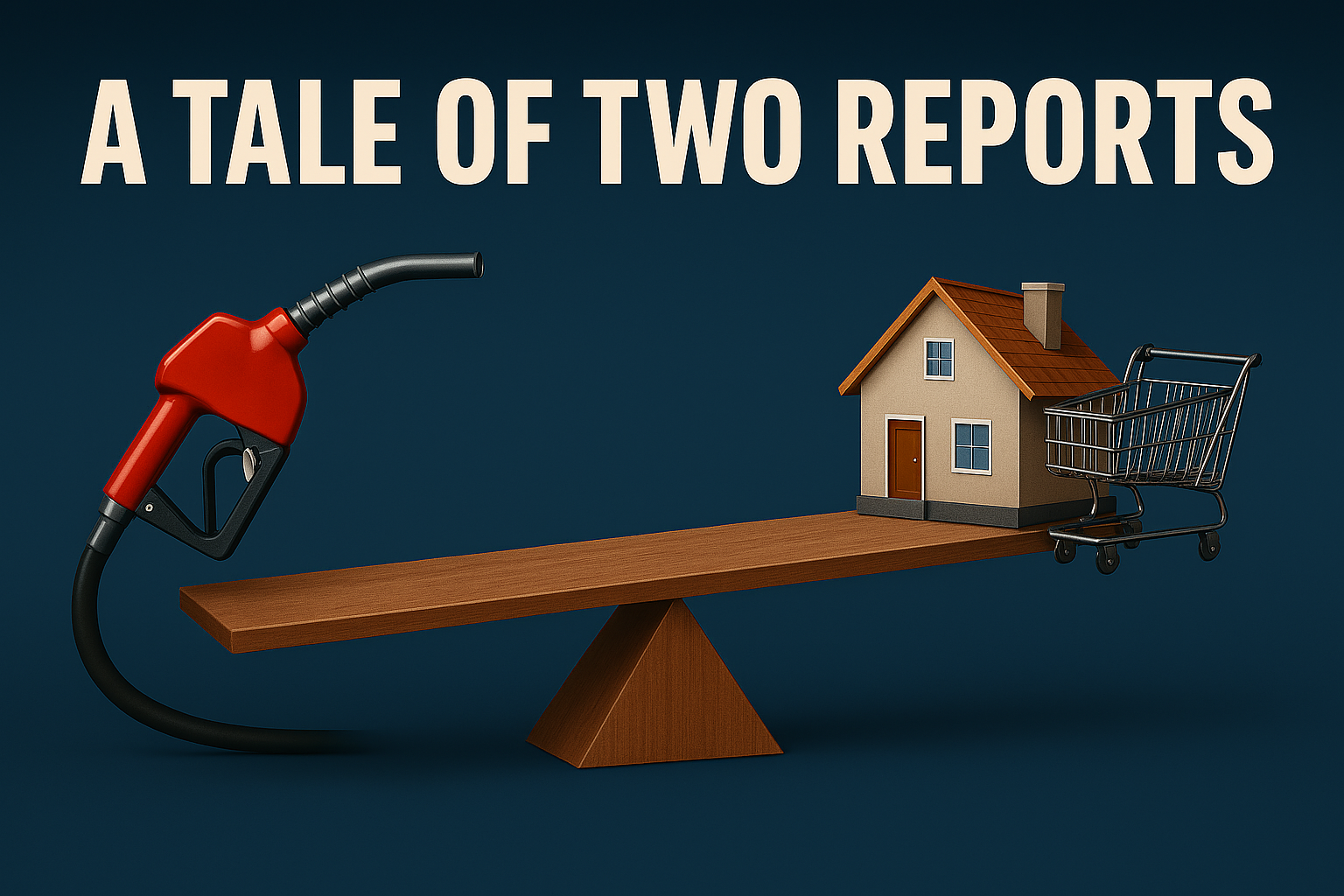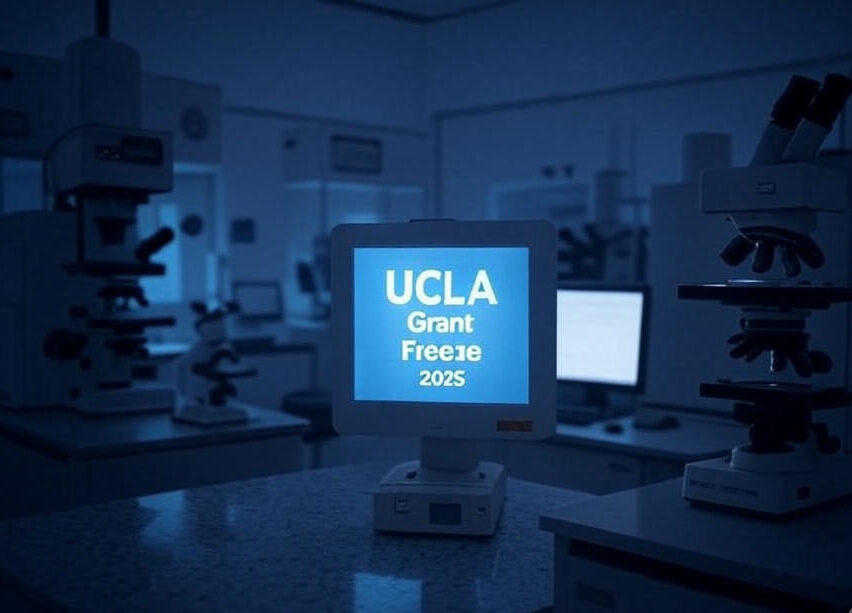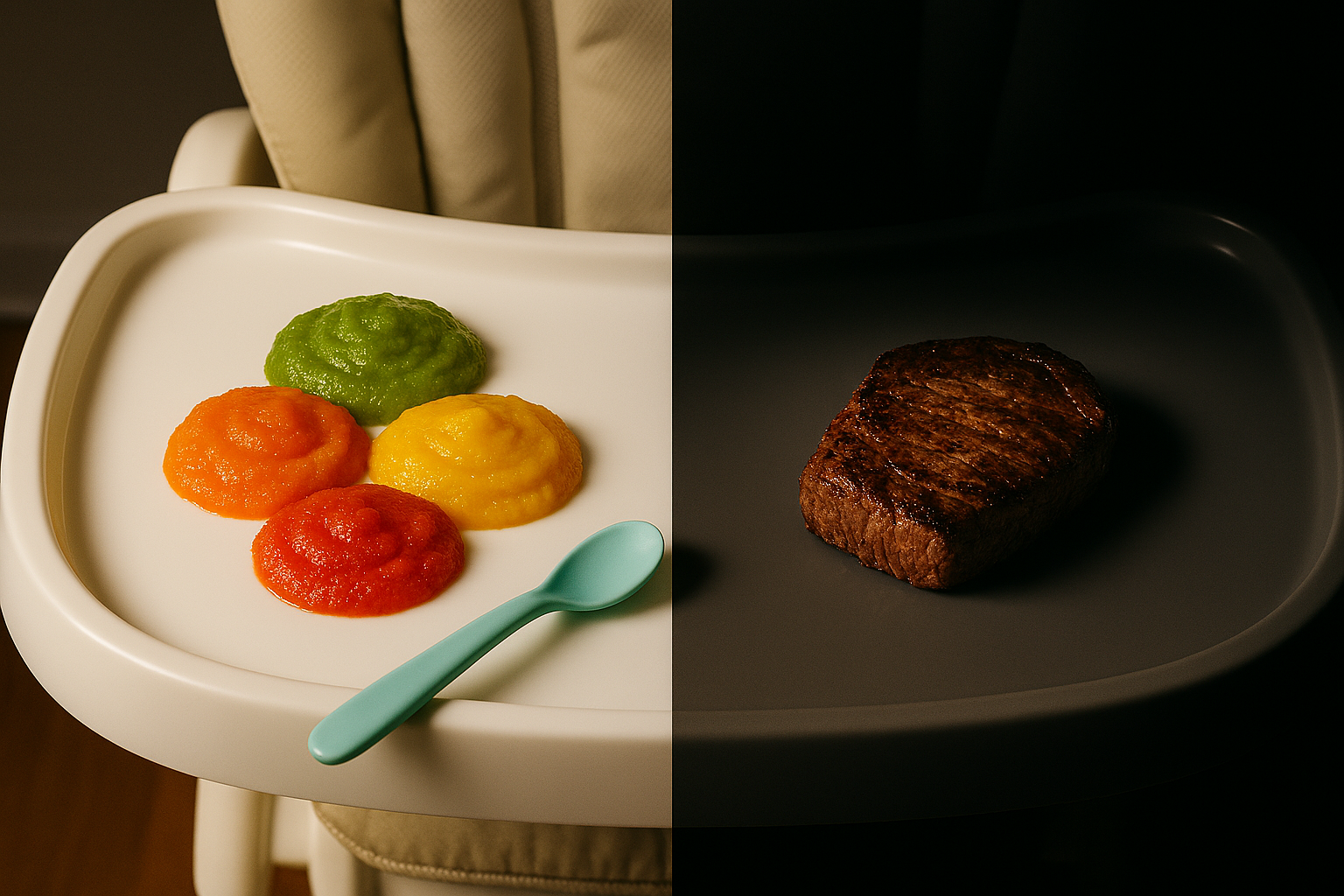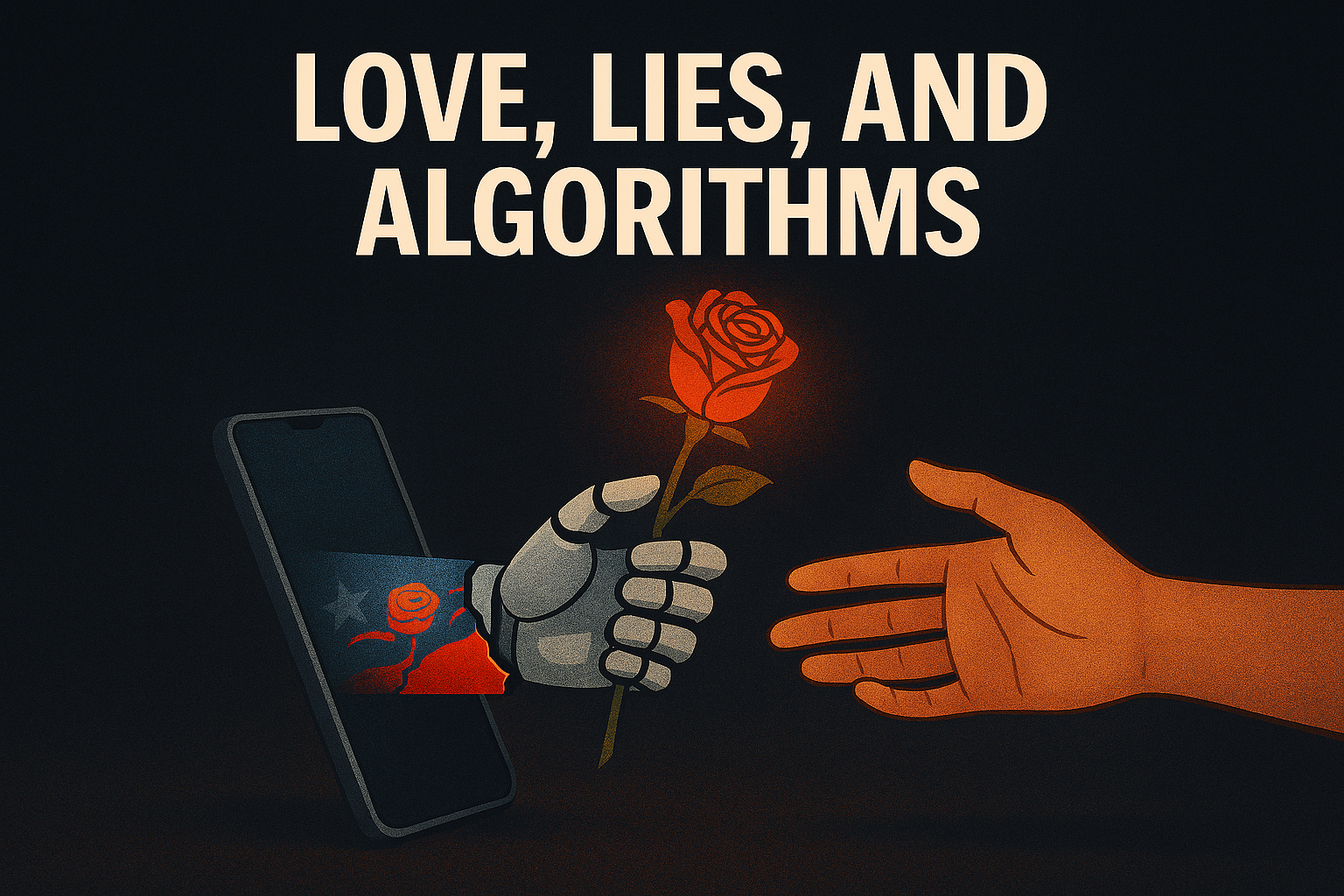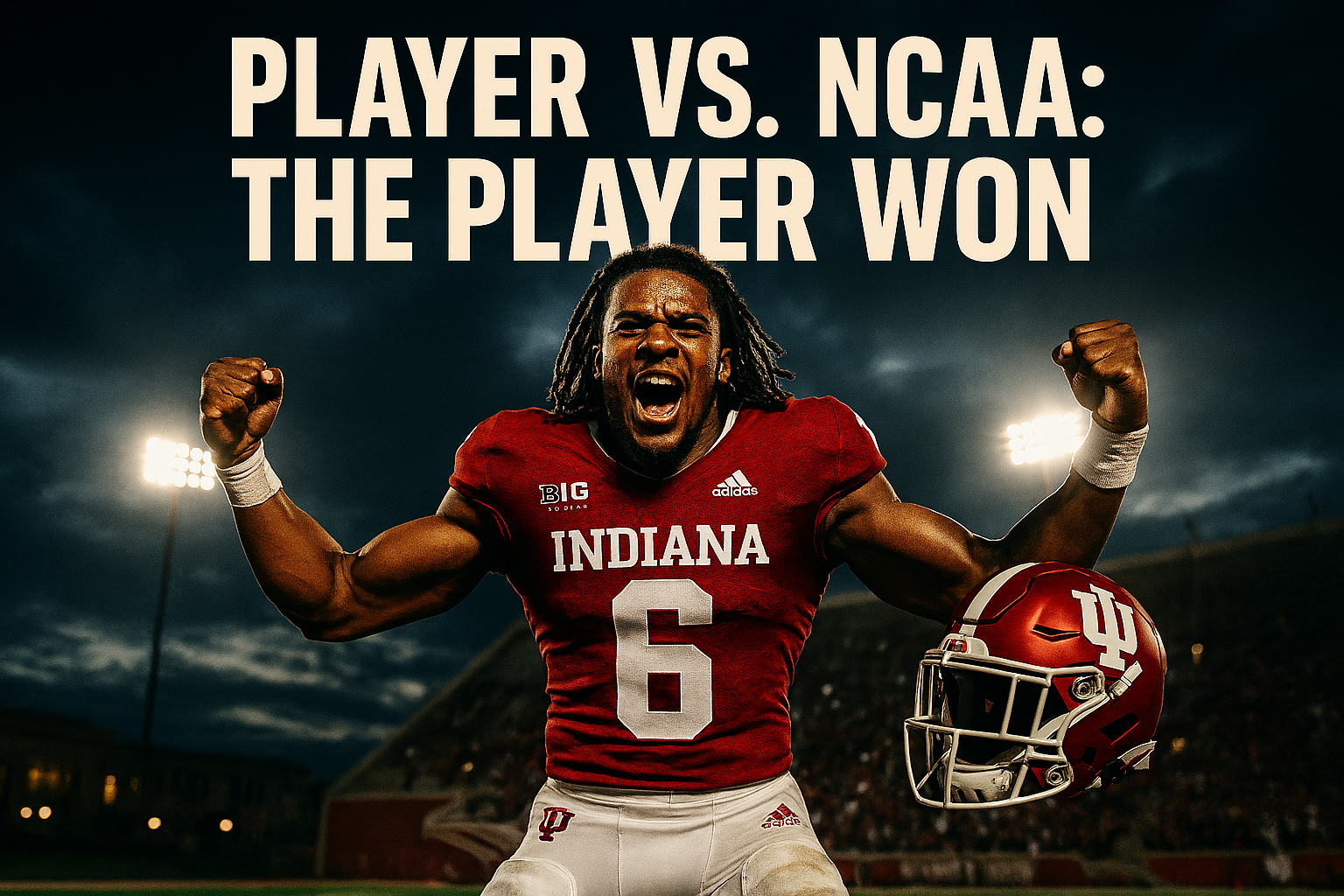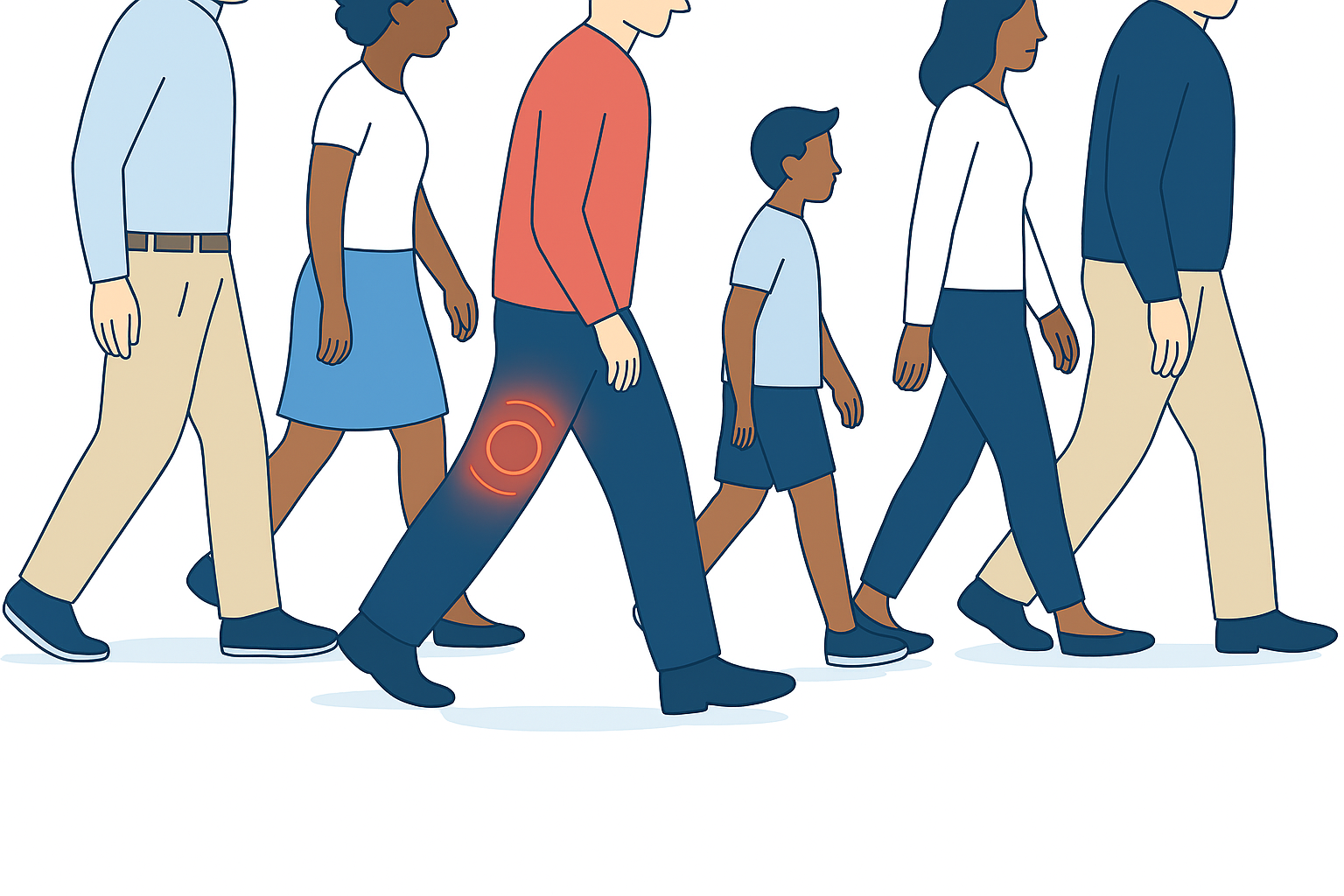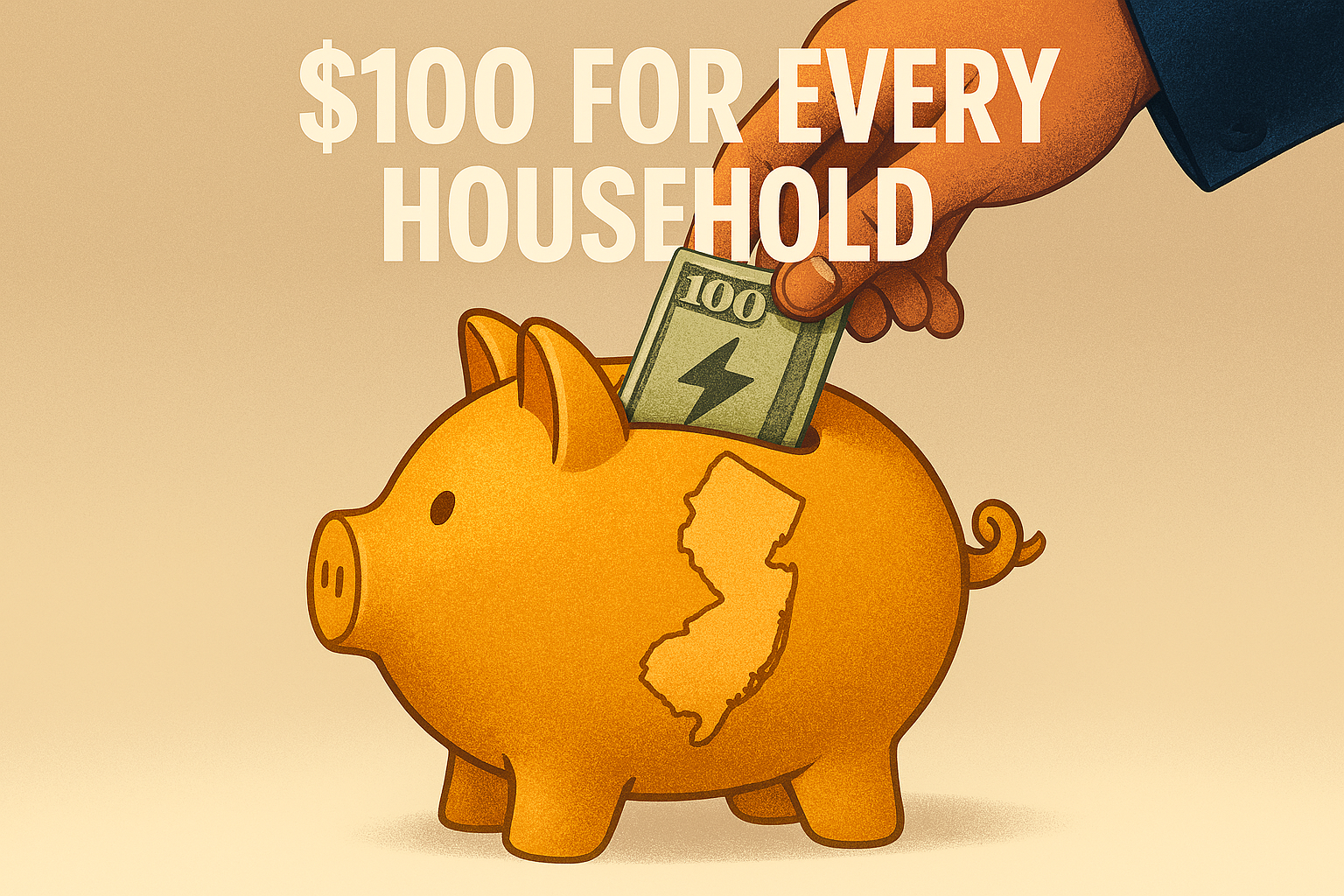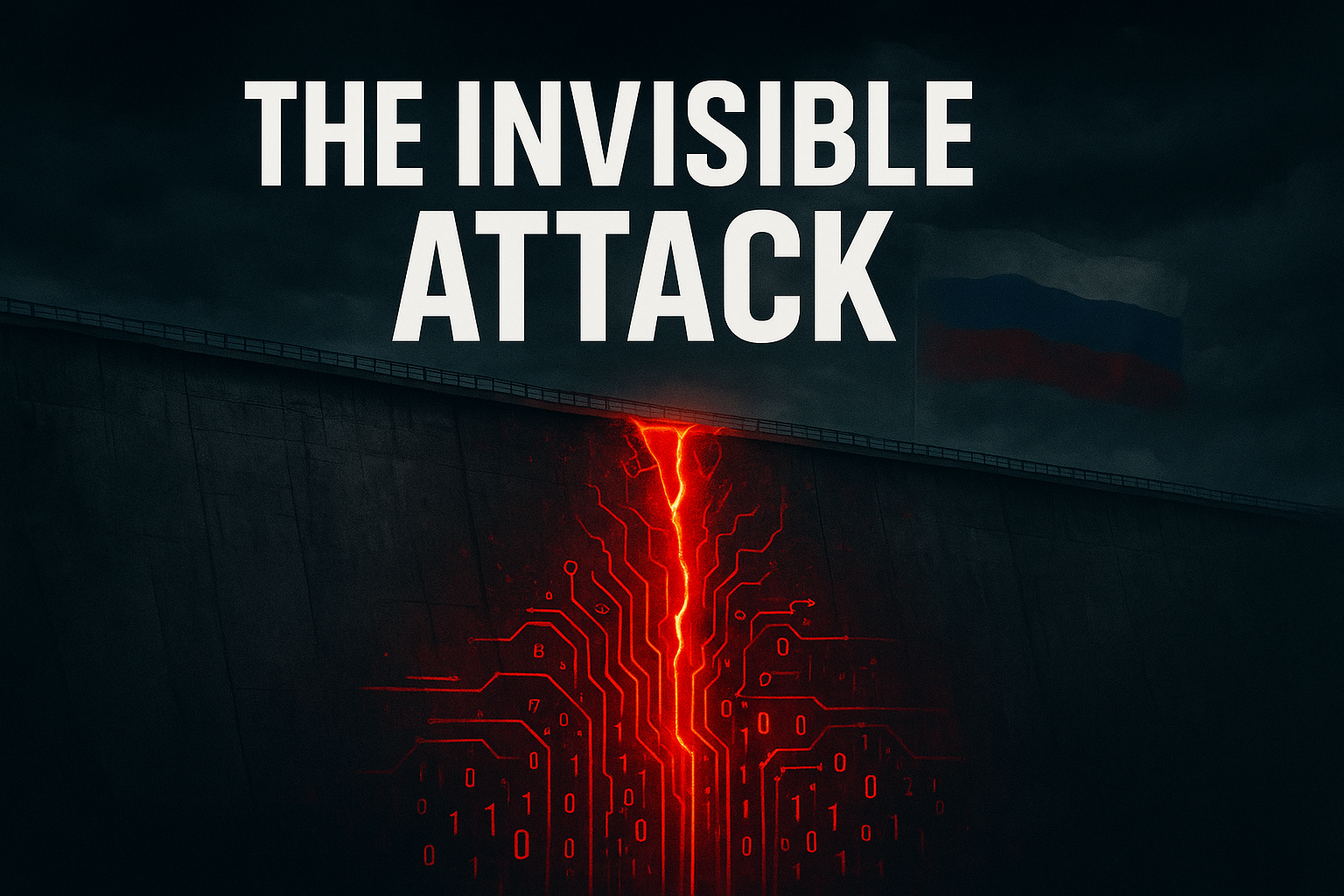IL GOP Unites for Trump, But Infighting Rages
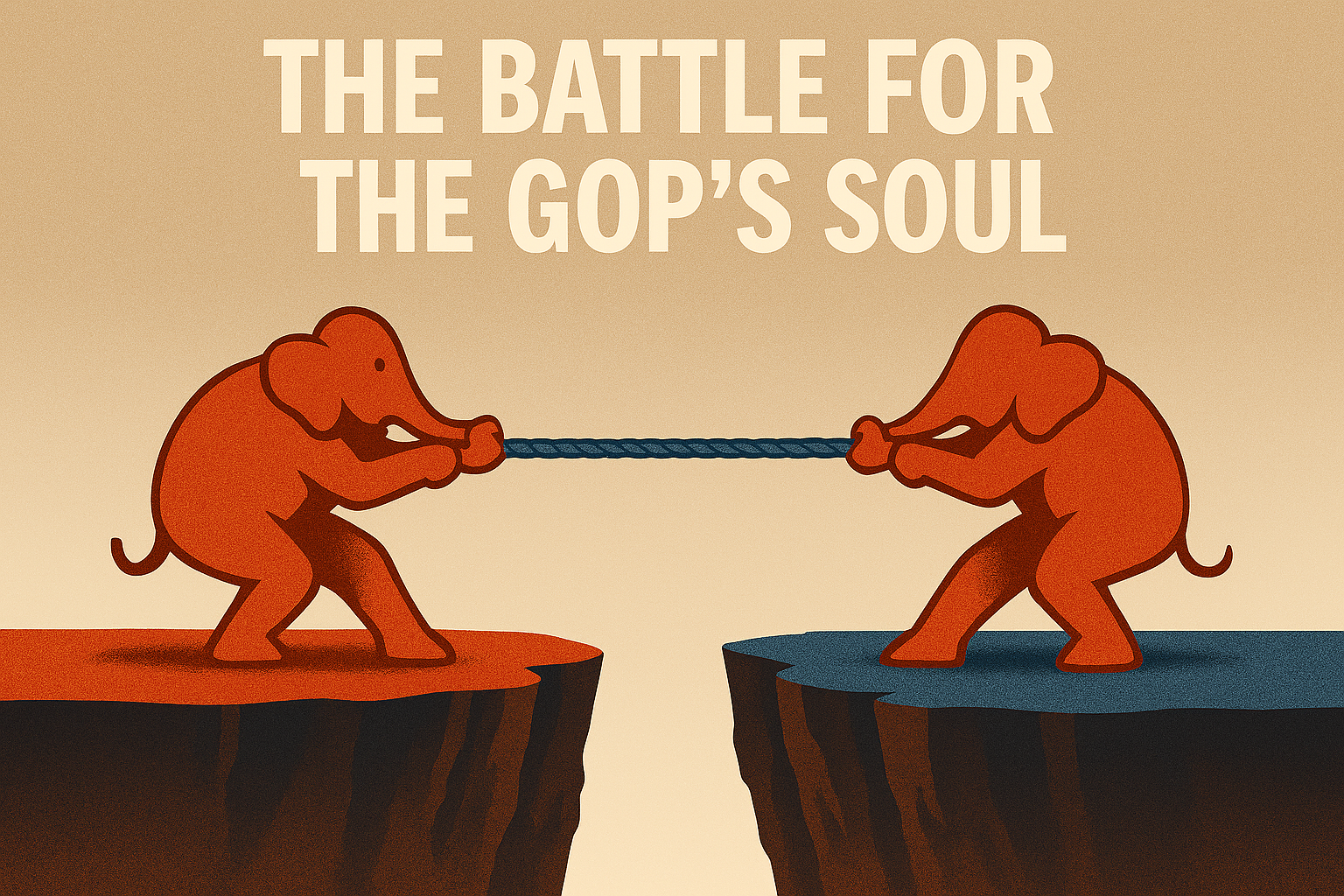
Illinois GOP Rallies for Trump, But “Civil War” Rages On Behind the Scenes
On the surface, the Illinois Republican Party is projecting a solid wall of unity, with leaders from across the state publicly rallying behind former President Donald Trump. But behind the carefully staged photo-ops, a bitter internal “civil war” continues to rage, exposing a deep ideological divide that threatens the party’s future relevance in a deep-blue state. This ongoing Illinois Republican Party infighting pits pragmatic, establishment figures against a fiery, populist base, creating a fundamental conflict over the party’s soul.
While the Illinois GOP rallies for Trump in a show of public solidarity, the private struggle between conservative vs. moderate Republicans will ultimately determine the party’s strategy and its ability to win over crucial suburban voters in the years to come.
The Public Face: A United Front for Trump
In recent weeks, state party leadership has made a concerted effort to present a unified front. At party events and fundraisers, leaders have focused on their shared support for Donald Trump and their opposition to the national Democratic agenda. This strategy is designed to energize the party’s base and demonstrate strength heading into the next election cycle.
The message is clear: whatever internal disagreements exist, the party is united in its primary goal of supporting the top of the ticket. However, this public truce is fragile and does little to mask the deep fractures beneath.
The Private War: Bailey Populists vs. Suburban Moderates
The central conflict within the Illinois GOP is between two distinct factions:
- The Grassroots Populists: Embodied by figures like former gubernatorial candidate Darren Bailey, this wing of the party is deeply conservative, anti-establishment, and fiercely loyal to Trump’s “America First” agenda. They draw their strength from rural and downstate Illinois and believe the path to victory is through ideological purity and energizing the base.
- The Suburban Moderates: This group, often referred to as the “establishment,” believes the party must appeal to moderate, independent, and suburban Chicago voters to have any chance of winning statewide elections. They argue that the fiery rhetoric of the populist wing alienates the very voters they need to attract to break the Democratic supermajority in Springfield.
This ideological divide plays out in bitter primary challenges, disputes over party leadership, and fierce debates about political strategy. The populists accuse the moderates of being “RINOs” (Republicans In Name Only), while the moderates see the populists as unelectable extremists who are leading the party to permanent irrelevance.
The Stakes: A Path to Relevance or a Permanent Minority?
The outcome of this internal power struggle will define the future of the Illinois Republican Party. The central question is which path the party will choose:
- Will it double down on the populist, base-first strategy, hoping to maximize turnout in conservative areas?
- Or will it attempt to moderate its image and message to win back the historically Republican suburban counties that have shifted blue in recent years?
Until the party can resolve this fundamental conflict, it will struggle to mount a credible, statewide challenge. The ongoing infighting hampers fundraising, complicates candidate recruitment, and presents a fractured, chaotic image to the very voters it needs to persuade.
Conclusion: A House Divided
The Illinois Republican Party’s decision to rally around Donald Trump has provided a temporary, public veneer of unity. But this cannot conceal the deep and damaging Illinois Republican Party infighting that continues to fester. The party remains a house divided against itself, caught between a passionate base that demands ideological purity and an electoral map that requires moderate appeal. Until one vision for the future decisively wins out, the Illinois GOP risks being trapped in a cycle of internal conflict while its political influence continues to wane.
